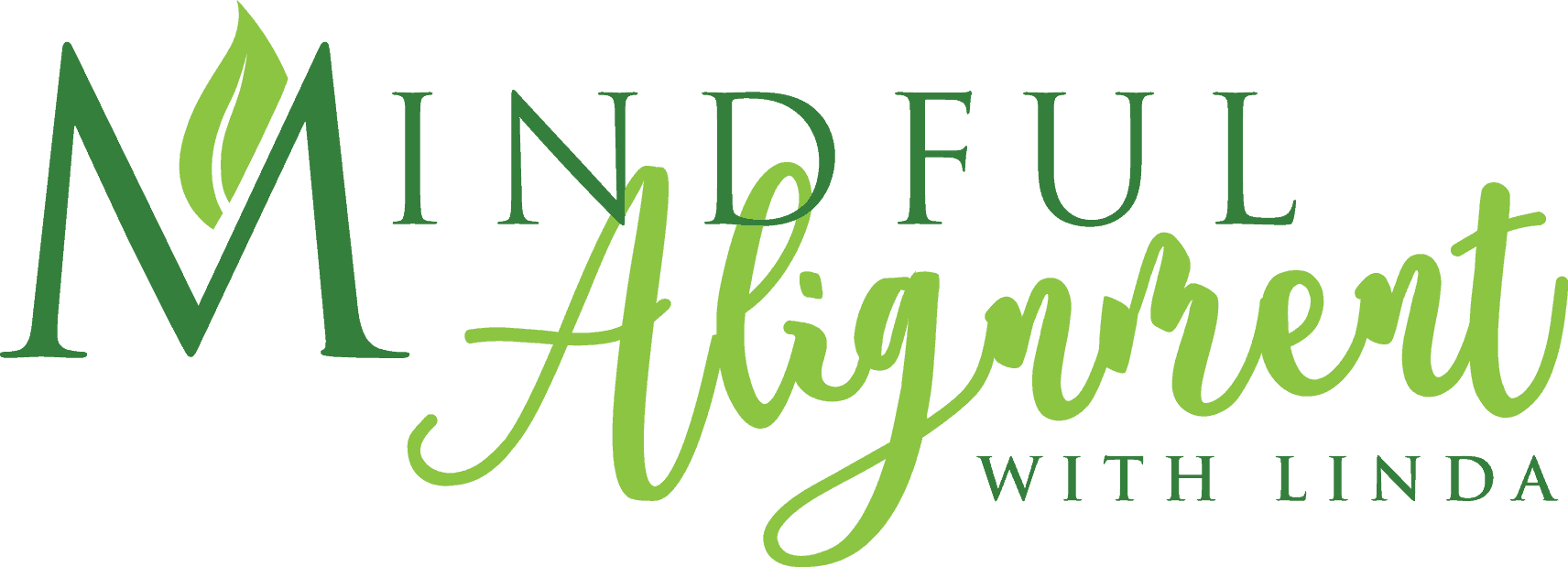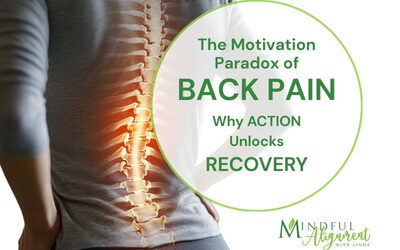Shoulder or Neck Pain – It Pays to Know the Difference
Numerous studies have shown that neck and back pain are the two most common types of pain experienced by adults.
In fact, a study by the National Institute of Health found that approximately 60% of adults aged 65 and older reported experiencing some form of neck or back pain in the past year.
While these conditions may seem similar, they can be quite different, with different causes and treatments.
Muscle strain, degenerative disc disease, herniated discs, and spinal stenosis often cause neck pain. Treatment will vary depending on the underlying cause but may include physical therapy, medication, and surgery.
Prevention is the key.
Neck pain can be challenging because your neck is more mobile than the spine and contains smaller, less sturdy muscles. Therefore, trying to resolve any discomfort or problem in this area will take more time for success instead of back problems, where large muscle groupings have an easier chance to heal due to their size advantage.
When your neck pain radiates into your shoulders, it might be challenging to pinpoint the source of the pain because neck problems often disguise themselves as shoulder pain. However, some critical differences between neck and shoulder pain can help determine which one you are experiencing. For example, neck pain is often caused by muscle strain or degenerative disc disease. In contrast, shoulder pain is more likely caused by rotator cuff injuries or arthritis.
Both neck and shoulder pain can be debilitating and make it difficult to perform everyday activities. If you are experiencing either of these conditions beyond a few weeks, consult with a medical professional to determine the cause and develop a treatment plan.
A weak core is often associated with back pain, but it is also a factor when experiencing neck pain. These two areas are connected by the fascia or connective tissue. When the core is not functioning correctly, your neck will compensate, resulting in neck pain. A perfect example of this is when doing sit-ups; it is easy to strain your neck. Instead, use only your core muscles.
If you are a neck pain sufferer, a few things can help:
- Start with improving the range of motion in your neck before strengthening the neck muscles.
- Always make sure that the back of your head is aligned with your spine. Good posture is always essential when dealing with pain.
- You have probably heard this before, but … move more and sit less.
- Take a break every 20-30 minutes. Sitting for long periods puts more strain on your neck and back, leading to tension, fatigue, and knots.
- Taking a walk around the block and stretching throughout the day will also help. Research shows that the less you sit, the better your overall health.
The number one thing you can do is tackle pain when it first presents. It only takes a few minutes out of your day and it’s your best opportunity to prevent it from getting worse.
Here are some other non-invasive techniques to improve your pain:
- Massage
- Acupuncture or acupressure
- Heat or cold packs
- Take a break from your gadgets
- Try different pillows when sleeping
Improving your neck pain will give you more energy and increase productivity, making life more enjoyable. Start today!
Are you tired of living with pain?
Are your activities and daily choices determined by your level of pain?
Are you ready to change your life for the better and gain back your physical freedom?
My unique and custom designed approach comes from years of training, education and experience. Together, we will get you back to living pain free and enjoying life.
Sign up for a private session today
It’s never too late to try something new.

Related Articles:
Beyond Calcium: The Power of Yoga for Bone Health
Discover how yoga supports bone health and osteoporosis prevention. Learn science-backed poses that strengthen your skeleton and reduce fracture risk.
The Motivation Paradox: Action is the Catalyst for Healing Back Pain
Discover the Motivation Paradox of Back Pain—why waiting for motivation keeps you stuck and how action is the true catalyst for healing. Learn science-backed strategies to break the pain cycle and reclaim mobility.
Transform Back Pain Anxiety: From Uncertainty to Empowerment
Discover how to navigate pain anxiety with empowerment. Embrace uncertainty and reclaim your healing journey through mindfulness and resilience.
Transforming Your Relationship with Back Pain: A Mindset Revolution
Back pain is more than a physical challenge—it's a profound psychological journey. The real battle isn't just in your muscles and joints, but in your mind. Your thoughts can either be a prison or a pathway to healing. Reframing Your Inner Narrative When chronic pain...




